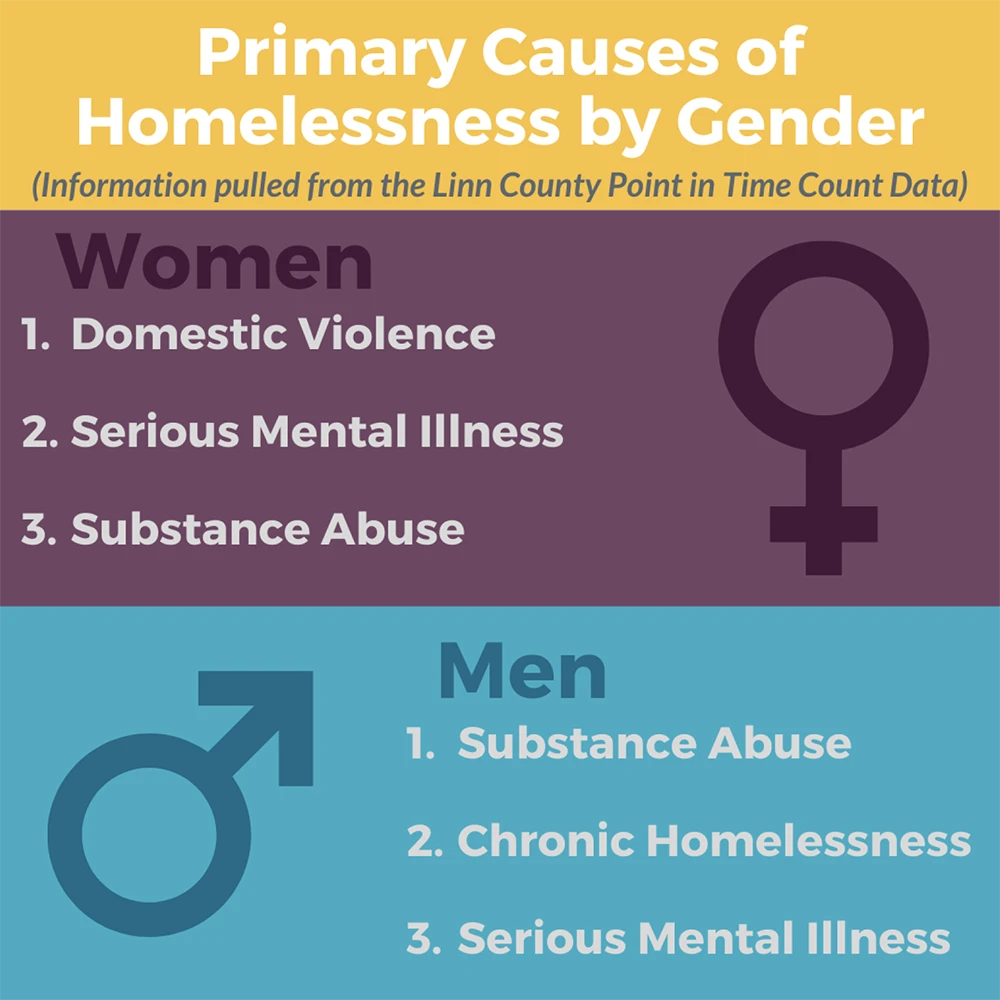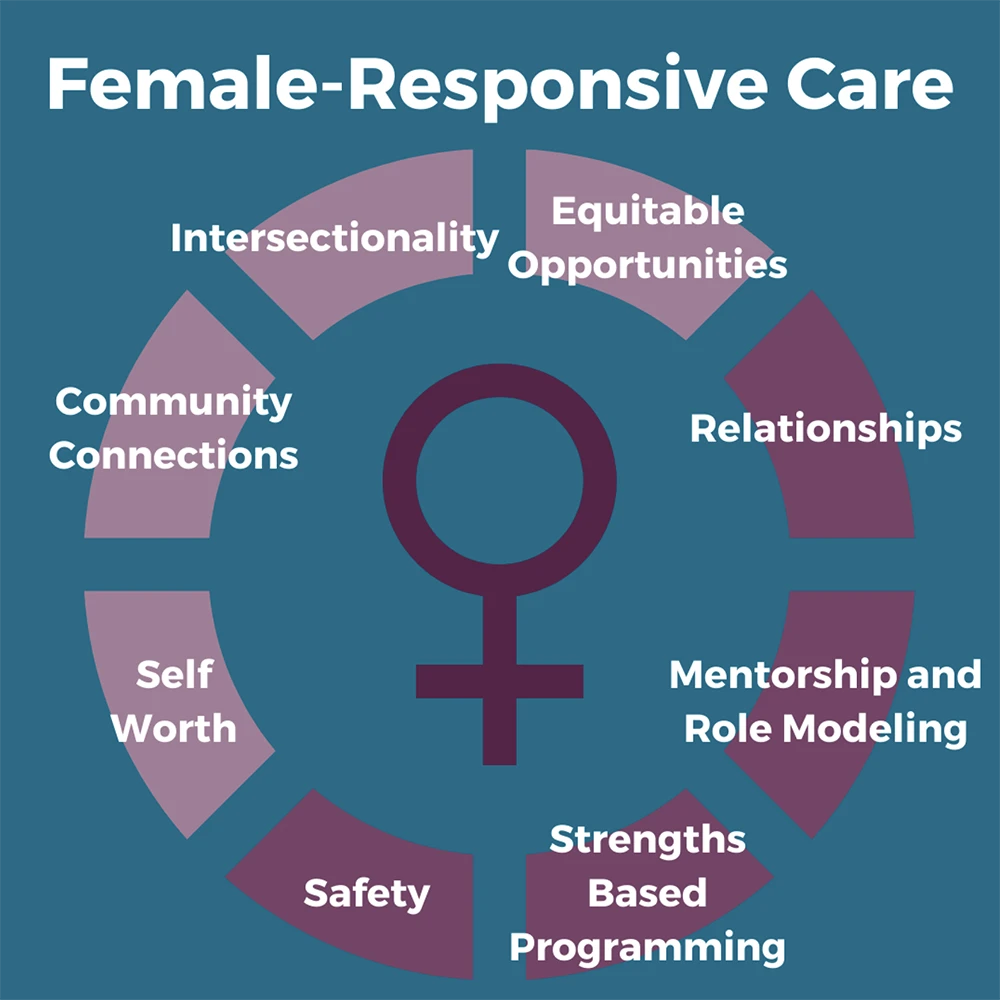Women and Homelessness
Women and men experience homelessness differently. The U.S. Department of Housing and Urban Development (HUD) narrows eligibility for homeless services exclusively to individuals who lack a nighttime residence and have resided in an emergency shelter or an uninhabitable location. This definition has an unintended negative consequence for the female population experiencing housing instability.
Women are far more likely to experience victimization while living on the streets or in shelters than men. Because of this, women often resort to seeking temporary housing from their social network to reduce personal safety risks.
Why is this a problem?
Though this reduces the probability of harm from someone who they don’t know, it still may not be safe or stable housing. Because these women technically have a place to stay, even in an unsafe environment, they are excluded from needed homeless services.
Not only does the experience of homelessness differ for men and women, but so do the causes. Domestic violence is the number one cause of housing instability for women by an enormous margin. Experiencing domestic violence comes with trauma that can change an individual’s sense of self, their ability to maintain relationships, and their overall outlook on life. In contrast, substance abuse disorders are the number one cause of homelessness for men.
Why does this difference matter?
Acknowledging the trauma that has created instability for women who are fleeing housing instability is essential to effectively serve people experiencing homelessness in our community.

Catherine McAuley Center believes that women experience different pathways into and out of homelessness, and therefore the solution for women experiencing homelessness must be different. We need to provide spaces and resources for women to heal and feel empowered as they find stability, community, and ultimately: themselves. Furthermore, our community, our state, our country, and our society need to be equipped with the tools to create these safe and empowering environments that adequately address the needs and recognize the strengths of women experiencing homelessness.
Why do we believe this?
The prevalence of trauma in women’s lives impacts brain development, leading to further instability in areas of life, such as: housing, employment, finances, relationships, and everyday living. Therefore, the solutions provided for unhoused women must take into account their relational needs and build on the resilience they’ve developed throughout their lives in the face of trauma.
Women experience longer-term stability and success when provided with female-responsive homelessness programs rather than a one-size-fits-all solution.
Why are these female-responsive homeless services successful?
CMC’s Women’s Services is a female-responsive, trauma-informed, and resiliency-focused program to help women heal from trauma. CMC has seen firsthand the ways in which women experience homelessness differently, and that their pathways in and out of this system are female-responsive. We have also seen the change that can happen in women’s lives when provided with the opportunity to live and learn in a space that values their humanity and strengths, rather than generalizing the experience of homelessness across genders.

In order to properly address the issue of women and homelessness, we recommend the following action steps: